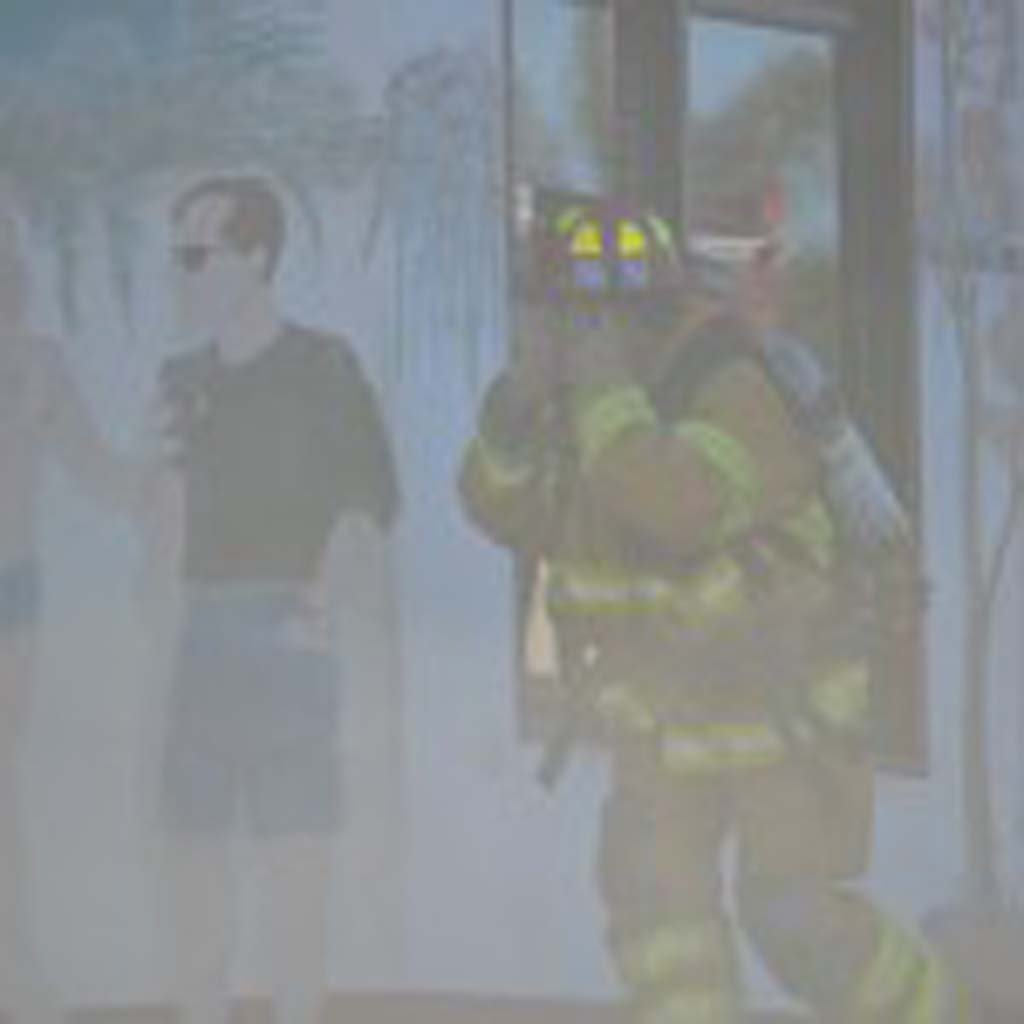REGION — Six times so far this season the Chargers have had to file a 24-hour extension to sell enough tickets to fill Qualcomm Stadium and avoid a local TV blackout.
Just last week, the organization managed to sell a remaining 1,300 tickets after receiving an extension to avoid another blackout of their second to last home game against the Oakland Raiders.
Only one game has been blacked out for the Chargers this season — it was the only game blacked out in the NFL this season through week 15.
Citing changes to the sports industry in the last four decades, the FCC (Federal Communications Commission) announced on Dec. 18 a proposed rule change that would eliminate its sports blackout policy.
The 40-year-old rules, adopted in 1975, were intended to address concerns that the “importation of a distant signal carrying a blacked-out sports event could result in lost revenue from ticket sales, which might cause sports leagues to expand the reach of blackouts by refusing to sell their rights to sports events to all distant stations,” the FCC said.
While the lifting of the blackout policy isn’t aimed totally at the NFL, the league has become the most recognized to have games blacked out after failing to sell out at least 85 percent of a team’s own stadium.
“Under the NFL’s longstanding blackout policy, the television broadcast of home games in a team’s home territory has been blacked out if the game was not sold out 72 hours in advance of game time,” according to the FCC.
Brian McCarthy, NFL vice president of communications, said in a statement that, “We will strongly oppose any change in the rule….
“While affecting very few games the past decade, the blackout rule is very important in supporting NFL stadiums and the ability of NFL clubs to sell tickets and keeping our games attractive as television programming with large crowds.”
The sports blackout rules were originally adopted when game ticket sales were the main source of revenue for sports leagues.
For the San Diego Chargers, ticket sales remain the most critical local revenue stream for the organization, said Bill Johnston, a Chargers spokesman. “Due to our market size and stadium limitations, ticket sales represent a much larger portion of our revenues than it does for other teams.”
Johnston said the NFL’s long-standing blackout policy is in place to help teams sell tickets and it has proven to help. “We want to sell every ticket and have a stadium packed with Charger fans having a great time and giving us the biggest-possible home-field advantage.
“A full stadium and home-field advantage helps the team win, and winning has a huge impact on ticket sales.”
The FCC is seeking comments on all portions of the sports blackout policy. A ruling is expected sometime next year.


